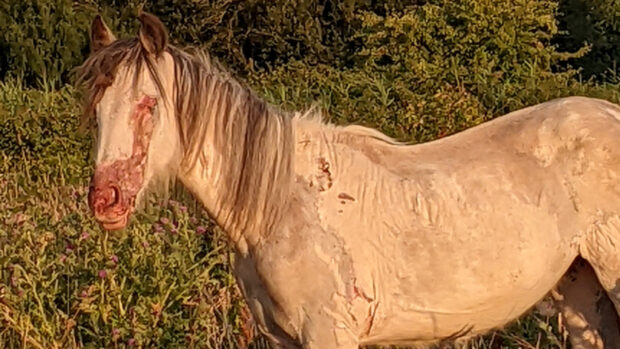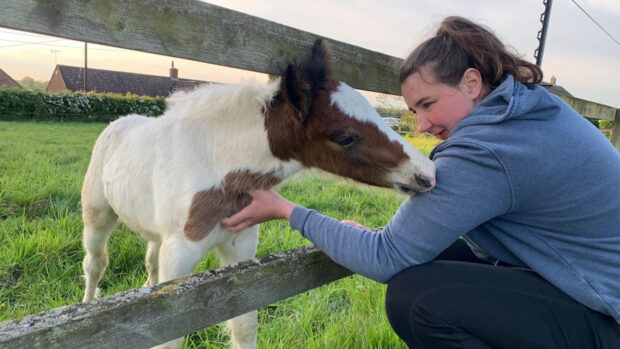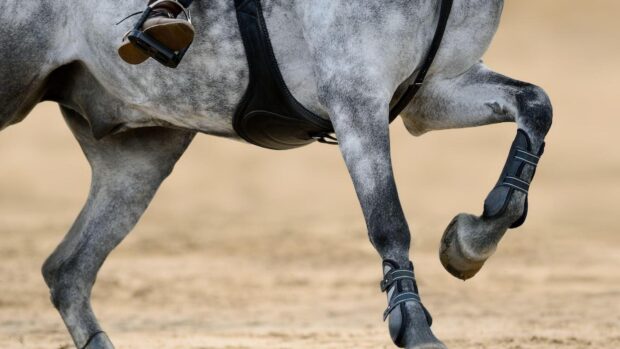Cambridgeshire is the latest county to consider using Antisocial Behaviour Orders (ASBO) in an attempt to stop an “ongoing problem” of illegal fly-grazing. But welfare charities do not believe the orders will have the required effect due to ineffective equine identification systems.
Cambridgeshire Police are compiling a case against fly-grazers to prevent them from owning horses which are dumped on land around the city or close to major roads, and intimidating residents and road-users, and may apply for ASBOs to curb offenders.
“Fly-grazing can have a significant impact on land-owners and local communities,” said a spokesman for Cambridgeshire Police after a series of incidents in the Swavesey area during the past few weeks.
“While tackling it is neither easy nor quick, we are committed to working with landowners and using the legal powers within our means to deal with the very small minority of irresponsible horse owners who act in this way.”
Officers have recorded statements from more than 10 witnesses, which will be used to build a case for the ASBO.
Although there are no official records, there have been a couple of ASBOs used in Bristol and South Wales since 2012. Welsh gypsy cob breeder Tom Price was given one 18 months ago for persistent fly-grazing, but was subsequently imprisoned for breaching the order and committing welfare offences.
Welfare charities believe that issuing ASBOs does not address the root of the problem.
World Horse Welfare chief executive Roly Owers said: “ASBOS could have a role to play where ownership of horses can be proved, but our experience shows this is rarely the case — and where it is, existing legislation can work.
“In reality, we might know horses belong to a particular person, but proving it is another matter entirely, because the current equine identification system is ineffective and unenforceable.
“What we need are laws that put the onus squarely on responsible ownership, as they have done recently in Wales, whereby local authorities can seize fly-grazed horses and require those responsible to provide proof of ownership: no passport, no horse.”
“There needs to be specific legislation [to track down irresponsible owners],” agreed an RSPCA spokeswoman. “That said, it’s entirely up to the police if they feel that ASBOs would be sufficient to prevent illegal fly-grazing.”
Cambridgeshire Police confirmed that “ASBOs are just one tool we are looking at which may be able to assist us in tackling the problem”.
ASBOs last for at least 2 years, and it is a criminal offence to breach it. Adults can be fined for up to £5,000 or sentenced to 5 years in prison, or both.





